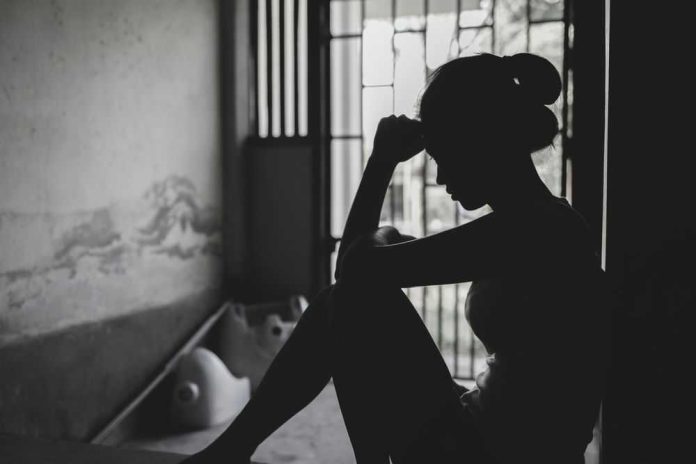
In Gaza, a loaf of bread or a promise of shelter has become currency for exploitation, forcing women to make impossible choices in the shadows of crisis.
Story Snapshot
- Gazan women report being offered food, money, or work in exchange for sex amid deepening humanitarian catastrophe.
- Survivors face severe stigma and underreporting, with aid groups confirming increased sexual exploitation since late 2024.
- Aid dependency, destroyed social structures, and chaotic distribution sites fuel power imbalances and vulnerability.
- Experts and agencies demand urgent reforms, survivor support, and accountability as exploitation erodes trust in humanitarian efforts.
Promises of Survival, Cost of Dignity
Six women, their identities hidden by necessity, described to Associated Press how men—sometimes posing as aid workers—approached them with offers of food, water, or shelter in exchange for sex. These offers often targeted the most desperate: widows, displaced mothers, and those heading households after the chaos unleashed by renewed conflict. UN agencies and local NGOs corroborate a marked increase in such exploitation, even as cultural taboos and fear of retaliation keep most cases in the dark.
Displacement camps and ruined neighborhoods offer no privacy or protection. With safe spaces destroyed and shelters overcrowded, women seeking aid face predatory offers at chaotic distribution points. The breakdown of community oversight and the collapse of ceasefire in March 2025 have only sharpened these vulnerabilities. Food, once a right, now functions as leverage—each calorie a bargaining chip in the hands of those willing to exploit desperation.
Behind the Aid Lines: Who Holds the Power?
Survivors’ stories reveal more than isolated misdeeds; they expose a system where control of resources means control over lives. Local men, sometimes acting as intermediaries or pretending to be aid workers, wield the power to decide who eats and who is left hungry. International and local agencies insist on zero-tolerance policies for sexual exploitation, but the fractured reality on the ground means such rules often fail to reach those most in need of protection.
Psychologists and aid workers report treating dozens of affected women, but suspect the true number is far higher. Stigma, fear of retribution, and lack of safe reporting avenues force many victims into silence. The result: predators operate with near-impunity, while the humanitarian system’s credibility erodes with each unspoken crime. Community leaders, sometimes responsible for aid distribution, may be complicit or powerless, further complicating efforts to enforce accountability.
Humanitarian Breakdown and Its Consequences
The October 2023 escalation triggered mass displacement and economic collapse, setting the stage for the current crisis. By June 2025, UNFPA confirmed that underreporting of sexual exploitation remains severe, and that the risks to women and girls keep rising as resources dwindle. The destruction of hospitals and safe spaces has crippled support networks, leaving survivors isolated and vulnerable.
The effects are immediate and devastating: psychological trauma, health risks, and social isolation for survivors. Longer term, the normalization of gender-based violence threatens to destabilize families and communities, undermining trust in both aid organizations and local leadership. As gender-based violence becomes more entrenched, prospects for recovery and social cohesion grow dimmer. The specter of intergenerational trauma looms, with children and adolescents absorbing the consequences of unmet justice and broken social contracts.
Calls for Reform and the Path Forward
UN agencies and humanitarian organizations publicly reaffirm zero-tolerance stances, but face practical challenges in monitoring and enforcement. Experts urge a survivor-centered approach, improved reporting mechanisms, and stronger accountability for those distributing aid. The need for cultural sensitivity and local engagement is clear: blanket policies cannot account for the complexities of shame, honor, and fear in conservative communities.
Calls for reform reflect more than bureaucratic concern—they are a plea for the restoration of dignity and agency to Gaza’s women. Without urgent, transparent interventions, exploitation risks becoming endemic in humanitarian responses. Aid dependency, unchecked power, and silence breed a cycle that undermines the very purpose of relief. Survivors and their advocates warn: unless addressed, the cost will not only be measured in statistics, but in the trust and resilience of an entire generation.
Sources:
UNFPA Gender-Based Violence Trends Analysis: Gaza (April–May 2025)
UNFPA GBV Snapshot: Gaza (December 2024–March 2025)
Associated Press report on sexual exploitation of women in Gaza (September 2025)



